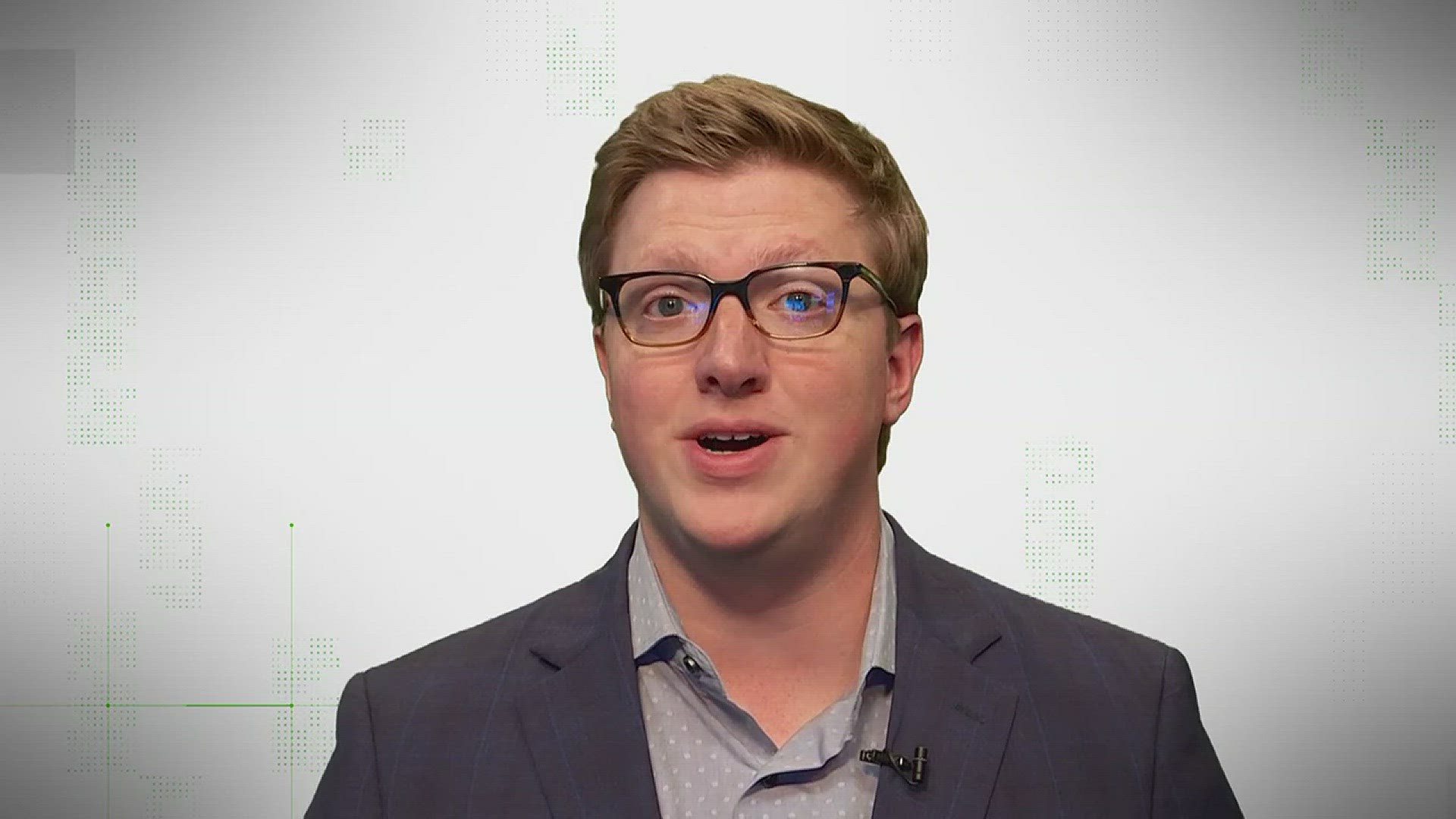LITTLE ROCK, Ark — The U.S. Marshals are alerting the public of several nationwide imposter scams involving individuals claiming to be U.S. marshals, court officers, or other law enforcement officials. They are urging people to report the calls not only to their local U.S. Marshals Service office, but also to the Federal Trade Commission.
The FTC has the ability to detect patterns of fraud from the information collected and share that data with law enforcement.
“These are not victimless crimes,” said Kevin Sanders, Supervisory Deputy US Marshal (SDUSM). “People have lost thousands of dollars to these scammers. This can be devastating, especially during the holidays.”
The U.S. Marshals hope the information collected by the FTC will lead to possible arrests.
“The information people report to the FTC can help law enforcement investigate and track down the perpetrators,” SDUSM Kevin Sanders said.
During these calls, scammers attempt to collect a fine in lieu of arrest for failing to report for jury duty or other offenses. They then tell victims they can avoid arrest by purchasing a prepaid debit card such as a Green Dot card or gift card and read the card number over the phone to satisfy the fine.
“The U.S. Marshals would never ask for a credit/debit or gift card number or banking routing numbers or ask for funds to be wired for any purpose,” said SDUSM Kevin Sanders. “If the caller is urging you to provide this type of information or any other personal or financial information, hang up and report the call to the Marshals and the FTC. You can even report to both agencies anonymously.”
Scammers use many tactics to sound credible. They sometimes provide information like badge numbers, names of actual law enforcement officials and federal judges, and courthouse addresses. They may also spoof their phone numbers to appear on caller ID as if they are calling from the court or a government agency.
“While these callers may sound legitimate, we urge people to question their validity,” said SDUSM Kevin Sanders. “The easiest way to do this is to call the clerk of the court’s office of the U.S. District Court in your area and verify the court order. If an order does not exist, someone just tried to swindle you out of your hard-earned cash.”
If you believe you were a victim of such a scam, you are encouraged to report the incident to your local U.S. Marshals Service office and to the FTC.
Things to remember:
- U.S. Marshals will never ask for credit/debit card/gift card numbers, wire transfers, or bank routing numbers for any purpose.
- Do not divulge personal or financial information to unknown callers.
- Report scam phone calls to your local U.S. Marshals Service office and to the FTC.
- You can remain anonymous when you report.
- Authenticate the call by calling the clerk of the court’s office of the U.S. District Court in your area and verify the court order given by the caller.

